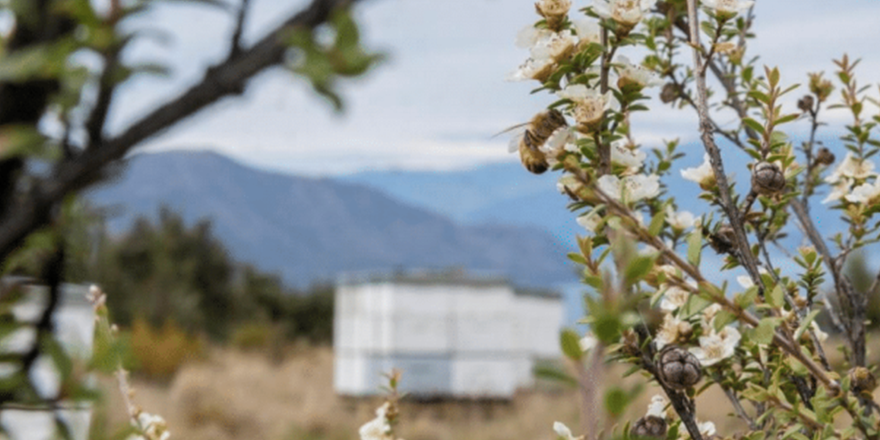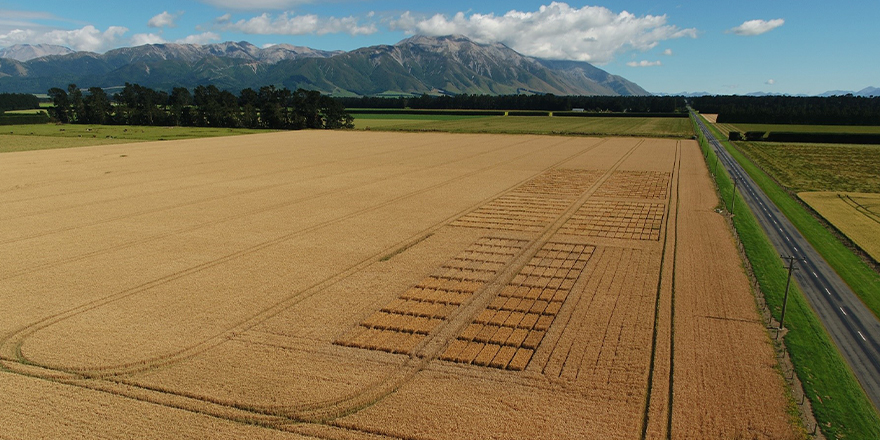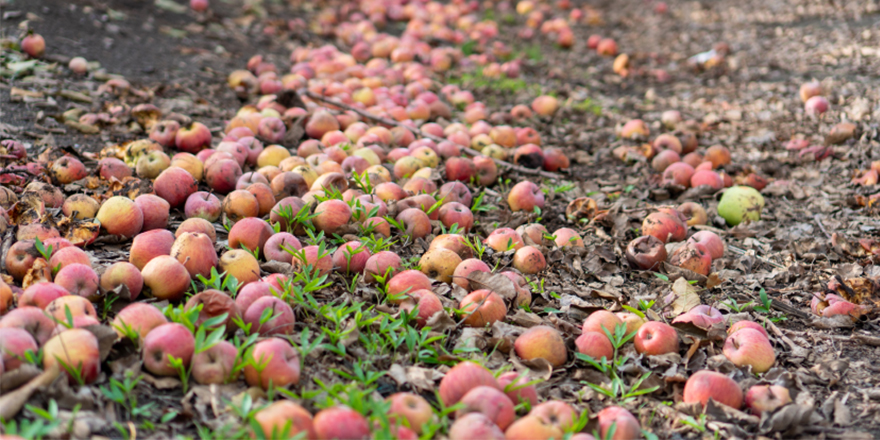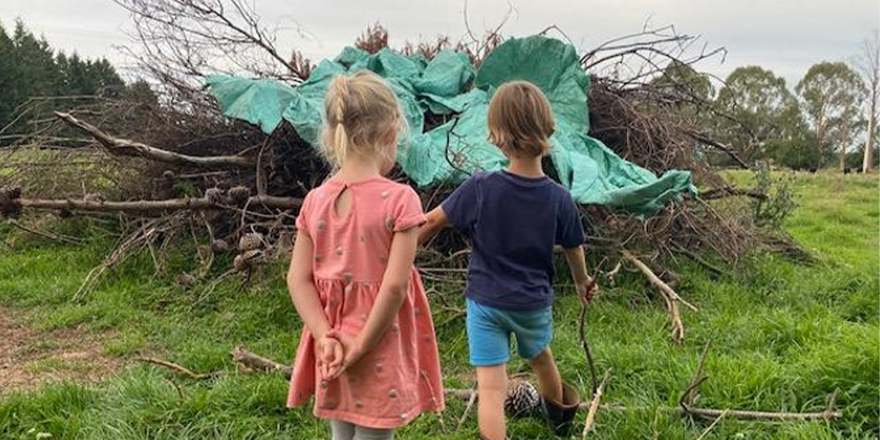
Executive Summary
This paper is a literature review aiming to improve understanding of the potential of planting Manuka in the South Island to produce high value manuka honey, and what impact that will have on both the farming and apiculture sector.
It is obvious very early on in this process that while the Manuka honey boom seems to deserve the hype, the reality of delivering on this promise in the South Island, and particularly in areas where Manuka is not naturally occurring, isn’t quite as straight forward as it seems.
In reviewing the history of manuka and the importance of manuka honey to the apiculture sector, I have been able to establish a very clear view of the position of this product in the market. This “excitement” is a double edged sword, products that have such a high profile and such high levels of interest quickly become the objects of strong worldwide competition and we are seeing this with Manuka honey at the moment.
The paper extends into the considerations for planting manuka in the South Island and whether in fact this is a viable option for most landowners and a review of available material, alongside my own commercial apiculture knowledge and that of others in my sector, would suggest that currently the unknowns outweigh the benefits and that it should be treated with caution.
This paper recommends farmers who are interested in profiting from manuka plantations should start with developing shelter belts, riparian margin and utilising the plant for erosion control. Farmers should harness the plants’ natural ability to protect the land and still have full use of the land for farming, while claiming the carbon credits. Farmers should identify and partner with an apiculturist using the list of recommendations I have made in this paper to begin the process of capturing the nectar. Farmers can then be involved in the early establishment of new research and testing and have the opportunity to adapt and grow as key learnings are shared.
Download and read the full report here




